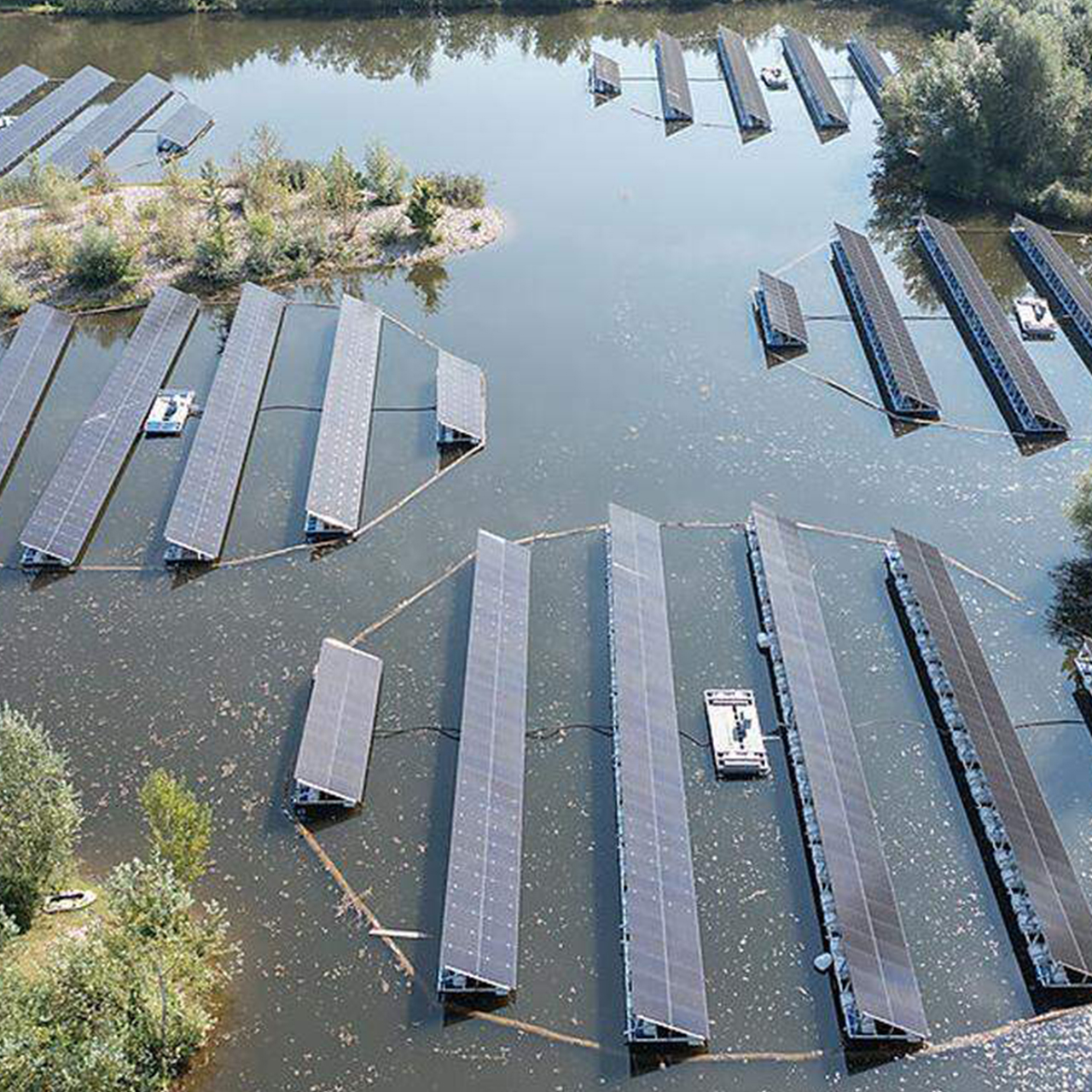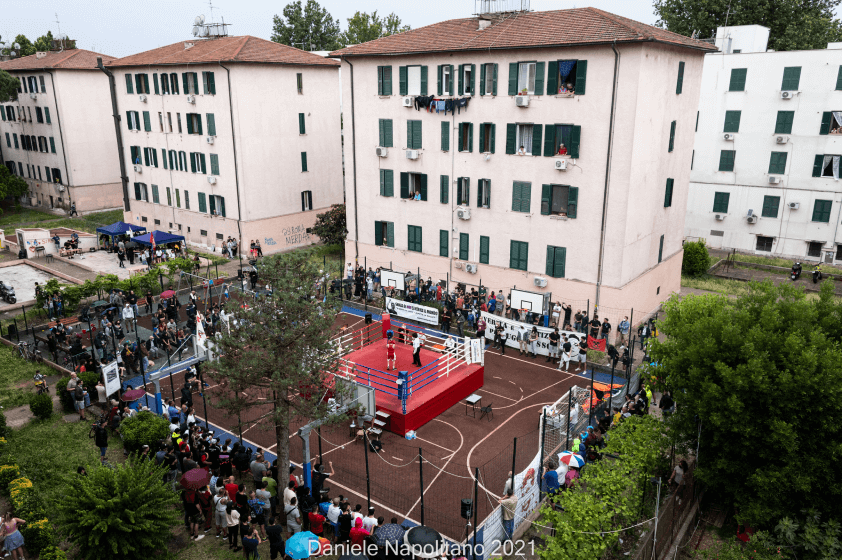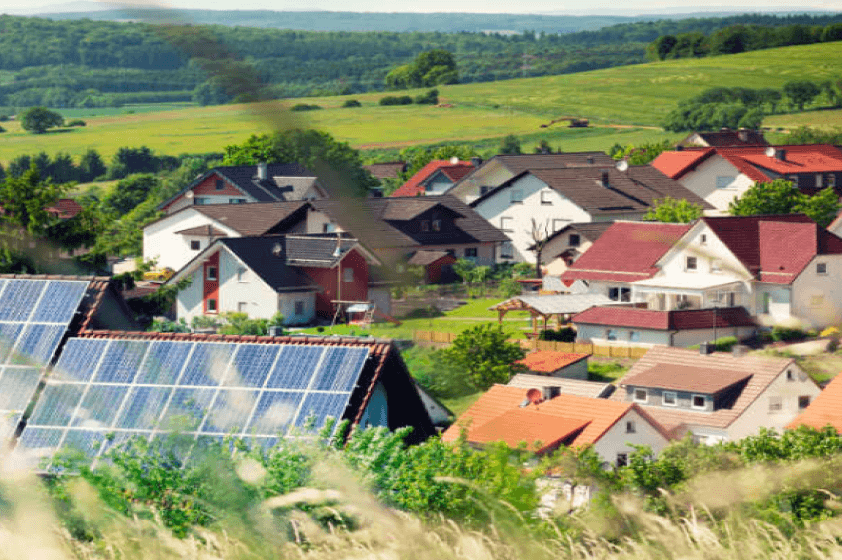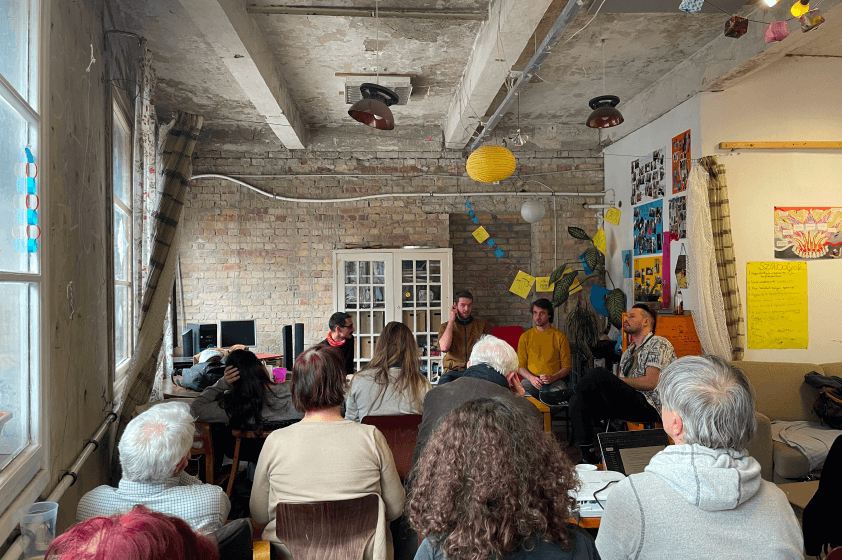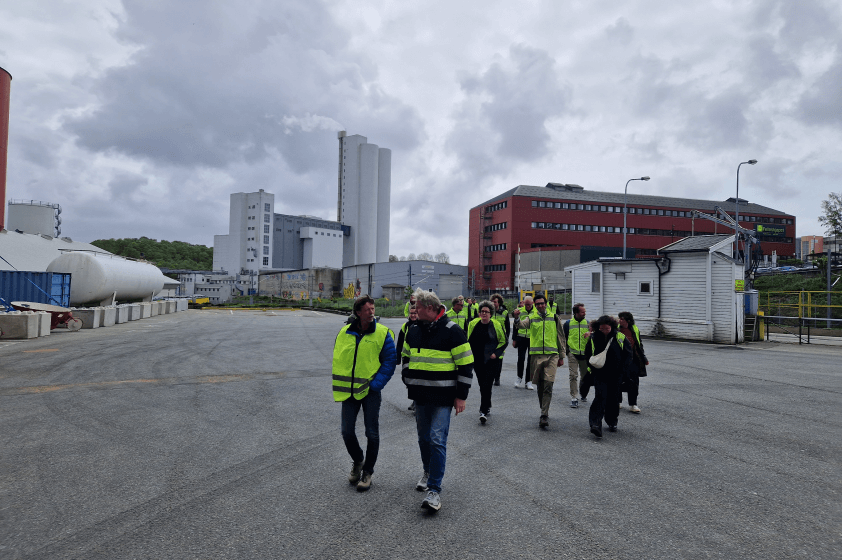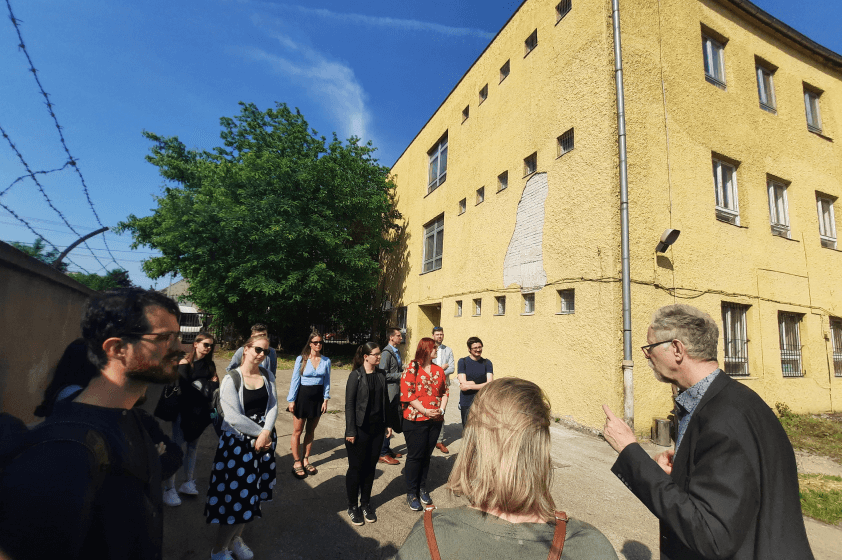The GU-Süd municipal association consists of six municipalities that want to take advantage of the opportunities offered by energy communities and strengthen regional energy independence through working together.
What are your aims?
Our aim is to strengten regional energy indepenence and economic resilience for this region.
The GU-Süd municipal association consists of the following six municipalities: Fernitz-Mellach, Gössendorf, Hart bei Graz, Hausmannstätten, Raaba-Grambach, Vasoldsberg. They have been working together for 20 years in the areas of public transport and business. Now they want to take advantage of the opportunities offered by energy communities and strengthen regional energy independence.
How would you describe the context of your pilot?
Cross-municipal energy communities that are initiated and operated by the municipalities themselves are still very rare in Austria. The six municipalities together represent almost 30,000 inhabitants, and a large number of small and medium-sized enterprises. Due to the large number of potential participants, there is a good balance between producers and consumers of electrical energy. Due to the leadership of the municipalities themselves, acceptance among all citizens and local businesses is very high. The efforts will pay off soon.
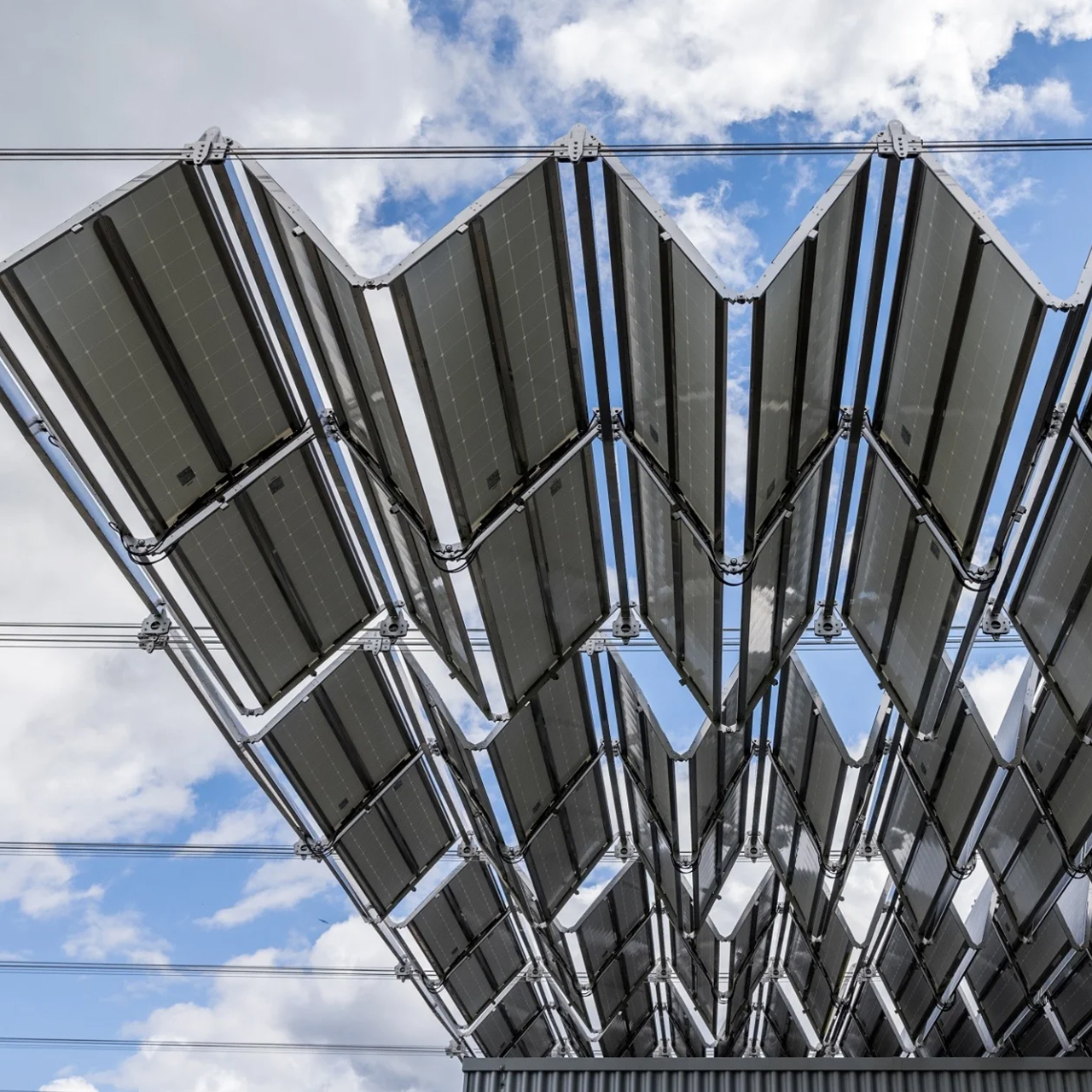
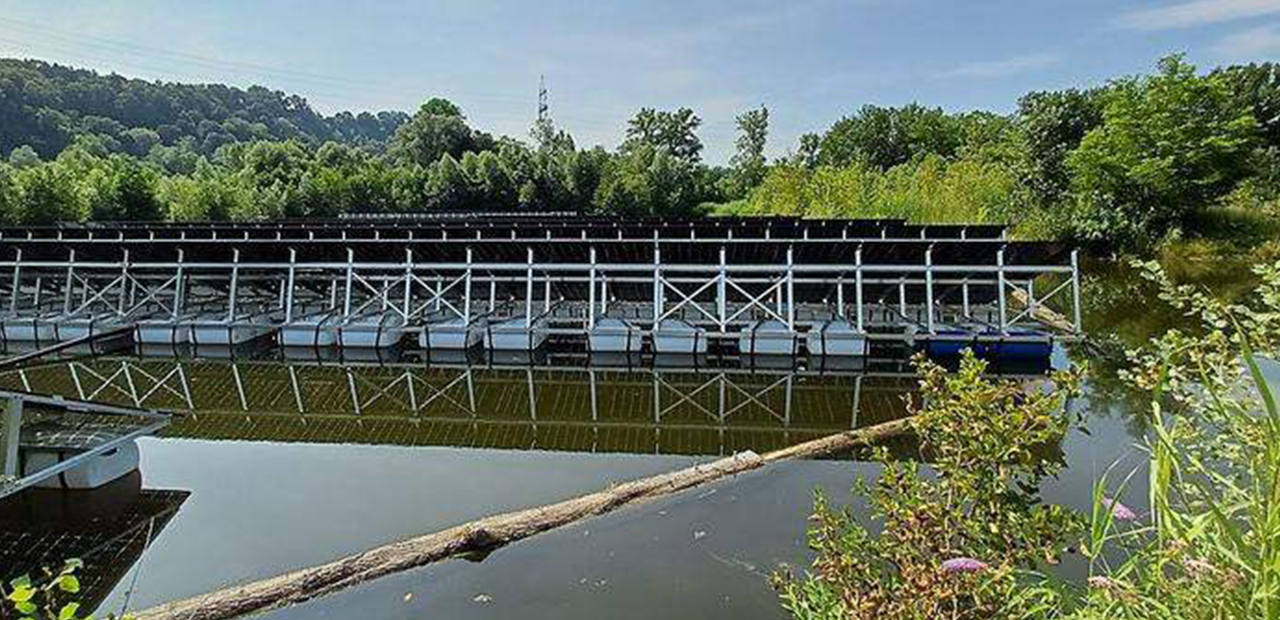
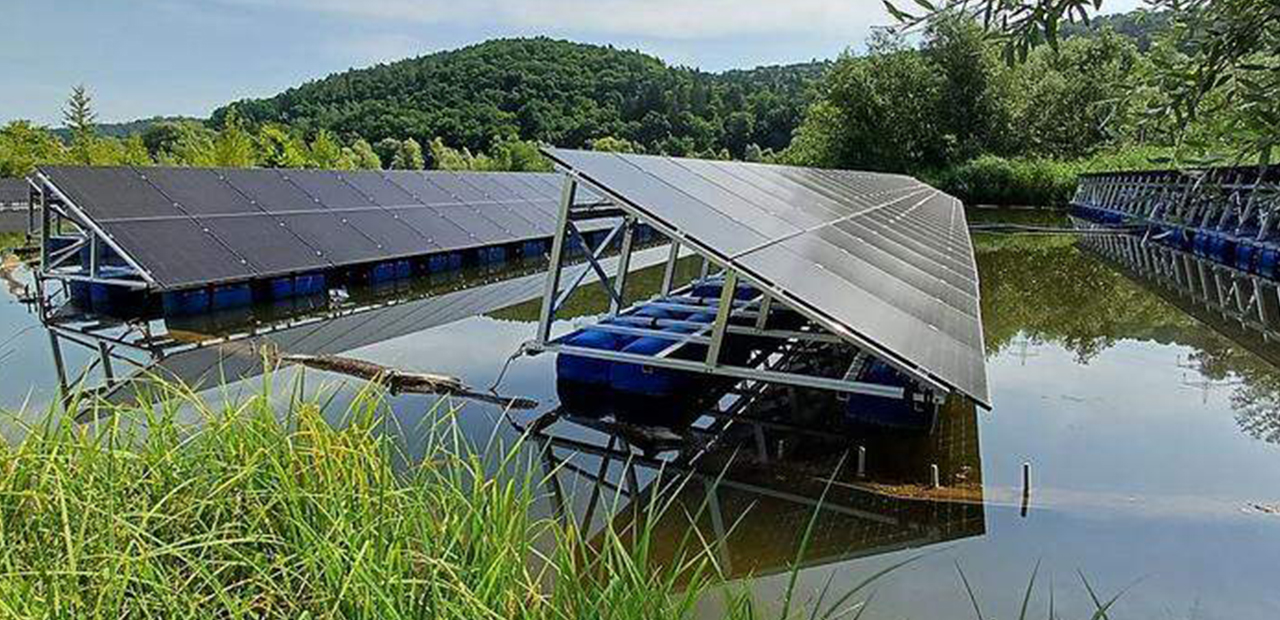
What are your main messages you want stakeholders to know about your pilot?
Cross-municipal corporation pays off, even if it takes more effort in the beginning. Cross-municipal energy communities make it possible to maximise the benefits of energy communities. Cooperation requires good planning and time, because in addition to the mayors, the other decision-makers in all municipalities, such as the environmental committee or municipal council, must also be involved. This strengthens cohesion and is the basis for successful long-term cooperation.
What are the challenges of this pilot and why?
The joint strategy across the six municipalities makes it possible to maximize the benefits of an energy community. The biggest challenge is to align the different wishes of the municipalities with a common goal. This concerns many details, from the financing of the PV systems to the electricity prices from the community. The next concrete decision to be taken is to obtain the approval of the respective local councils. Since the beginning, we have been working consistently, step by step, towards greater regional energy independence. The successes to date motivates to consistently pursue cross-community collaboration.
What interventions, co-designs processes are planned for building and sustaining your energy community?
This will be decided step by step as the project progresses. A possible next step if the local councillors make a positive decision is to involve citizens with various measures.
Who are your stakeholders?
Mainly the six municipalities, and experts from different areas: energy technology, law and taxes. It is important that the community has a good foundation right from the start.
What is the expected impact of your pilot, locally, nationally or even EU-wise?
The effort required for cross-municipal cooperation plays off early on. We are expecting pilot project that shows the huge potential for the energy transition towards renewable, regional sources. It is a positive example that cooperation between municipalities can bring great benefits for all – with more social cohesion, more economic resilience, while saving costs.
Photo credits ©APA/KATHARINA DOLESCH
